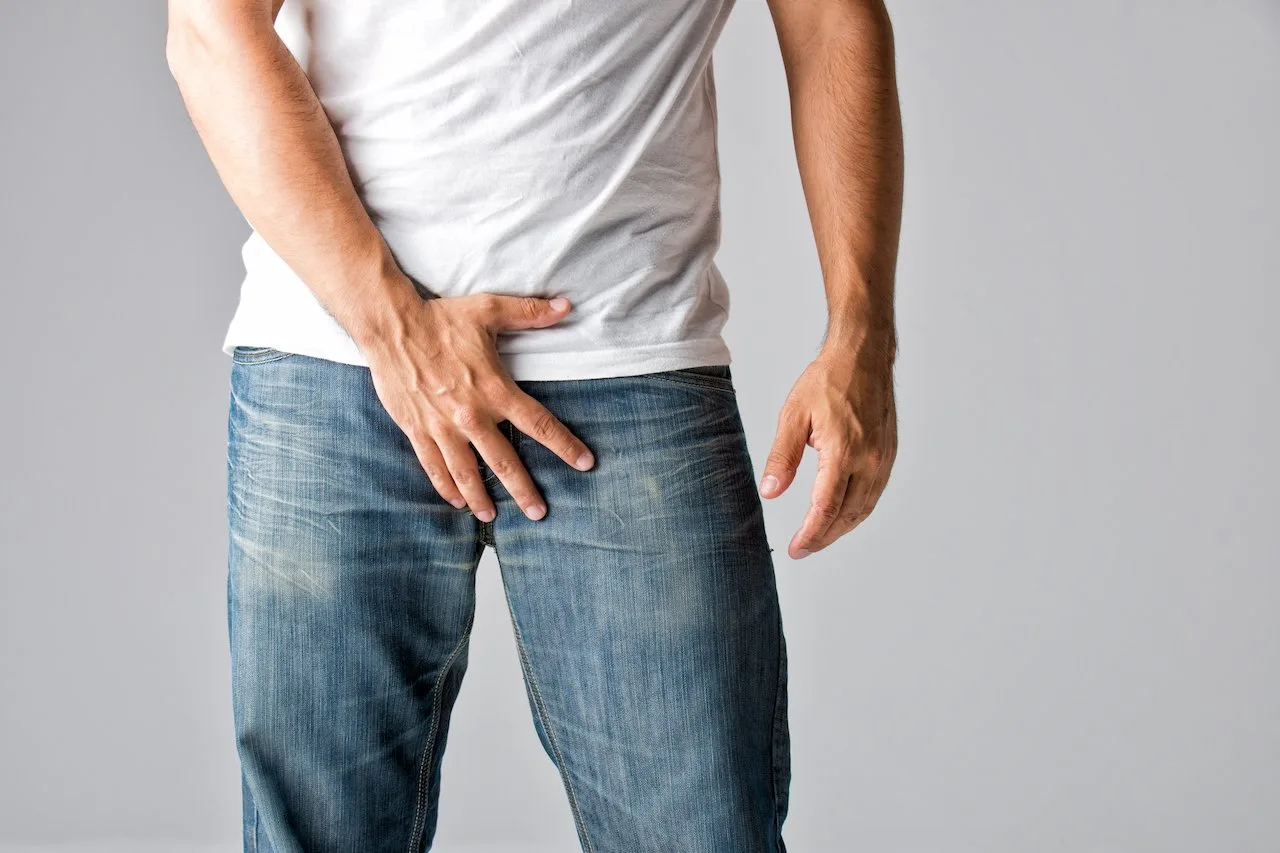Men tend not to want to know about or address male reproductive diseases or diseases of the urinary tract, but it is really important that they do, as it can significantly improve their health – and even save their lives.
Men and their health
Here are some issues men and boys should pay special attention to:
Boys
Undescended testis and hypospadias
At birth, all boys should be checked for the presence of both testicles within the scrotum, and the location of the urethra (the opening that urine comes out of) at the tip of the penis. The absence of a testicle within the scrotum is called an undescended testis and poses a risk for the development of cancer of the testis later in life.
Testicular torsion
Boys are also at risk of testicular torsion, where the testicle twists on its stalk and is thus deprived of oxygen and nutrients and begins to die. This is more common during puberty. If your child has a sudden onset of severe testicular pain, typically waking him from sleep, it needs to be treated as an emergency. The testicle is potentially salvageable if operated on within six hours. The likelihood of salvage decreases sharply after this.
Males can live with a single testicle and have normal sexual function and fertility. However, it will require protection of the remaining testicle during contact sports, or the insertion of a testicular prosthesis, as it is not easy for boys to deal with the psychological and aesthetic impact of having a single testicle.
Testicular cancer
From the age of 15 to 35, testicular cancer is a risk and a potential threat to life. A simple testicular self-examination on a monthly basis can lead to early detection of testicular cancer. Feel for any hard lumps, nodules, or smooth rounded masses or any change in the size, shape, or consistency of your testicles, and immediately consult a doctor.
Circumcision
Ritual, religious and cultural circumcisions are common in our population. When not done correctly, urologists are often called in to deal with the complications, which can be extremely severe and life-threatening. Circumcision in the newborn stages of a boy’s life has been shown to lower the incidence of penile cancer, as has the daily washing of the area of the penis that is covered by the foreskin.
Young men
Male medical circumcision, STI/ Urethral strictures
Male medical circumcision for the prevention of HIV transmission only works when used in conjunction with other strategies to decrease HIV rates. It does not work on its own. Risky behavior, even with circumcision will lead to high infection rates. In addition, unprotected sex leads to the transmission of other sexually transmitted infections, in particular gonorrhea, typically known as ‘drop’, which often leads to urethral stricture disease in young men at the peak of their lives, which can impair fertility and erections.
Fertility
Around the world, men’s sperm counts are decreasing. Some known causes include endocrine-disrupting chemicals. This problem is likely to increase in the future. It’s important for men to consult a doctor if there are no children born from a relationship as too often women are blamed.
Erectile function
Erectile dysfunction in young men is less likely but possible. It may be accompanied by premature ejaculation. The condition must be thoroughly assessed by a doctor without delay, as some causes are potentially life-threatening.
Risk of prostate cancer
At age 40, screening for prostate cancer is important. This is especially true if you have a family history of prostate cancer. The risk is also higher if you are African, as prostate cancer is more prevalent in the African population.
Older men
Testosterone deficiency
As men age, they undergo a physiological change called andropause (Testosterone Deficiency Syndrome). It is the male equivalent of women undergoing menopause. This is due to a natural decrease in testosterone production with increasing age. Symptoms include decreased libido, depressed mood, and cognitive decline. Depending on the blood levels for testosterone and the patient’s symptoms, it is possible to treat the patient with supplemental testosterone or a testosterone replacement sacramento.
BPH
Benign prostatic hyperplasia (BPH) is the enlargement of the prostate gland. This increase in size can decrease the diameter of the urethra. This can then lead to various urinary symptoms. Such symptoms include needing to urinate more often, a feeling of incomplete emptying of the bladder, or feeling as though one cannot hold the urine.
In later stages, this could lead to the formation of urinary stones in the bladder, recurrent urinary tract infections, blood in the urine, and even kidney failure and death. Thus, symptoms of an enlarged prostate must be investigated.
Prostate cancer
Prostate cancer is the most common solid organ cancer in all males, typically in men older than 50 years. It peaks in men in their 60s and 70s. Prostate cancer can be managed or cured if caught early.
Who is the author?
 Dr. Kgomotso Mathabe, MBChB; FCUrol is a healthcare practitioner specializing in Urology. She has a special interest in female and pediatric urology, especially incontinence.
Dr. Kgomotso Mathabe, MBChB; FCUrol is a healthcare practitioner specializing in Urology. She has a special interest in female and pediatric urology, especially incontinence.
Dr. Mathabe is currently Acting Head of the Department of Urology at the University of Pretoria (UP) and Steve Biko Hospital.



![women [longevity live]](https://longevitylive.com/wp-content/uploads/2020/01/photo-of-women-walking-down-the-street-1116984-100x100.jpg)










